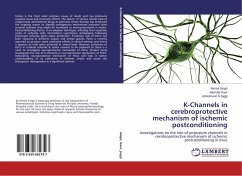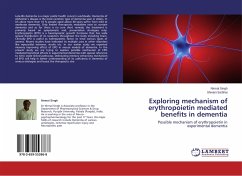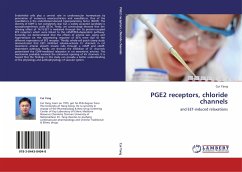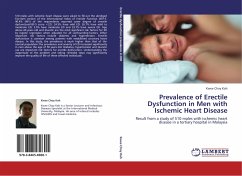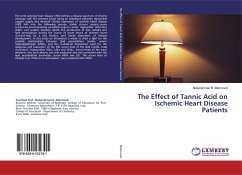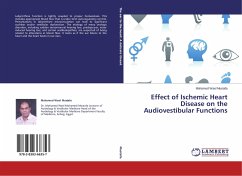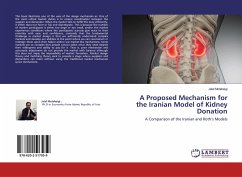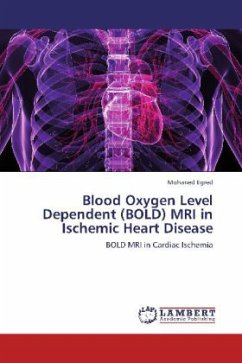Stroke is the third most common cause of death and has profound negative social and economic effects. The failure, of various clinical trials of exogenously administered drugs as potential stroke therapy has enhanced the ongoing search to identify endogenous mechanisms activated after cerebral ischemia that might be harnessed as neuroprotectants in stroke. Postconditioning (PoCo), is an adaptive technique, whereby brief repetitive cycles of ischemia with intermittent reperfusion immediately following prolonged ischemia elicits tissue protection. Protective role of PoCo has been reported in different organs and animal species. PoCo is recently reported to produce some protective effects in clinical settings and hence it appears to hold great potential at clinical level. However usefulness of PoCo in cerebral ischemia & stroke remains to be explored so there is a need to investigate neuroprotective mechanism of PoCo. Present study investigates the role of K-channels in neuroprotective mechanism of PoCo. Delineating neuroprotective mechanism of PoCo will help in better understanding of its usefulness in ischemic stroke and boost the therapeutic management in a significant manner.
Bitte wählen Sie Ihr Anliegen aus.
Rechnungen
Retourenschein anfordern
Bestellstatus
Storno

